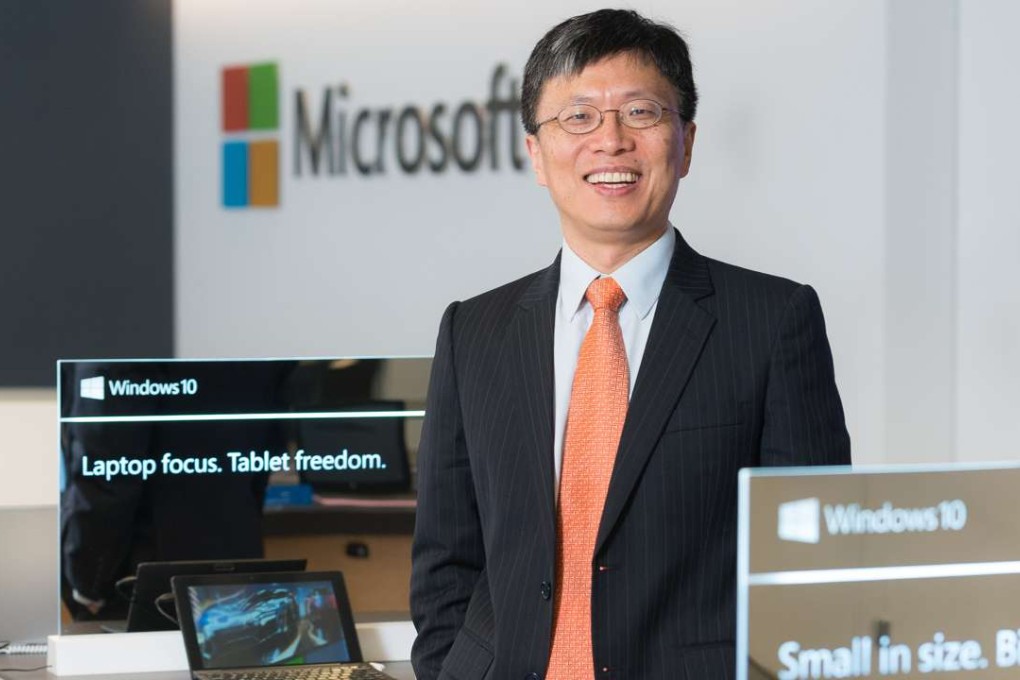China to lead the world in artificial intelligence, says top Microsoft executive

China will “lead the world” in producing artificially intelligent hardware as the tech industry continues to find breakthroughs in this field, according to a Microsoft executive.
Citing examples like Baidu, Harry Shum, executive vice-president of technology and research in Microsoft, said Chinese internet companies are playing an important role in advancing artificial intelligence.
“Baidu is building autonomous driving vehicles, and many other Chinese companies are ... doing serious technology development in the artificial intelligence area,” said Shum.
“If we have the opportunity to democratise artificial intelligence technology through the cloud, we just need a few [Chinese companies] with good ideas and we can [advance] very quickly.”
He added that he is “bullish” about the artificially intelligent hardware industry in China because cities like Shenzhen are building an ecosystem that supports the technology.
“In southern China, you can see these different layers, from manufacturing capabilities, sensors, circuit design, all of that,” said Shum. “They used to make low-end phones, but now [can you imagine] what they could do next?”